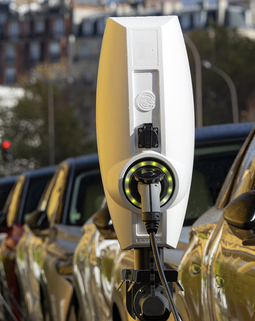Working groups it had established to examine the possibility of developing regulations on vehicle labeling and consumer awareness, the economic impacts of policy choices on low and no-pollution vehicles, the updating of the national transportation inventory levels, controlling traffic efforts to limit pollutSo under Global Fuel Economy Program, Mauritius is among the top emerging economies adopting healthier and more fuel-efficient vehicle solutions.
Mauritius was the first developed economy to implement a feebate tax system—which levies higher taxes on inefficient vehicles and gives refunds to cleaner ones. The promotion of the importation of cutting-edge, more fuel-efficient automobile technologies into the nation was made possible in large part by this tax system.
With assistance from GEF financing, the UN Environment has already been helping Mauritius evaluate its national automobile and fuel rules and establish new policies that may be put into place that will further promote the import and usage of green vehicles. At a session organized on October 12–13, 2017, in Port Louis, Mauritius, interested parties from the Southern Africa Community Development (SADC) nations and other African countries were given information about Mauritius' track record of delivering these laws as well as the extra policy suggestions that were suggested.
The Hon officially opened the session. Nandcoomar Bodha, Minister of Service Offerings and Road Freight, and the Hon. Etienne Sinatambou, Chancellor of Social Welfare, Federal Unity, Surroundings and Environmental Sustainability. Ms. Jane Akumu, the central focus for Africa on greener transportation, addressed UN Environment. There were also representatives from other regional professional groups like Green Transportation Africa and the Japanese Auto Association of Africa.
Participants included representatives from different regional corporate activities, the Trade Bloc of West African States Council, and the East Africa Union Administration, as well as partners from 13 SADC countries and five other African nations engaged in greener transportation plans.
At the training session, Mauritius proffered the draught suggestions provided by the sixion levels, and tax reforms to encourage thermally saving automobiles. The partners created a plan to promote alternative energy and vehicle policies at the national and semi-level levels in Africa. The UN Environment asked the parties present to monitor the roadmap's execution in their nations and pledged to keep coordinating the process with the multilateral institutions.





